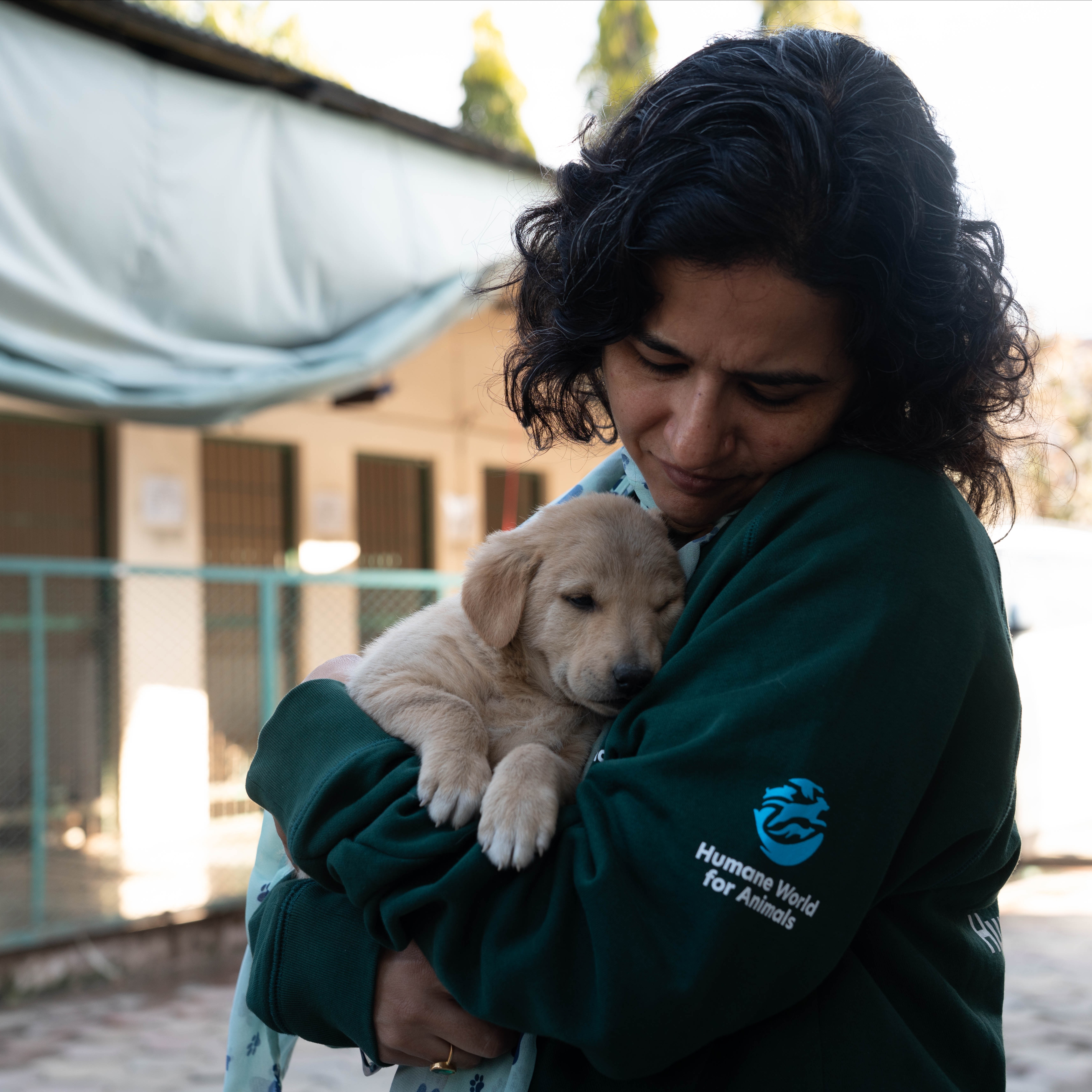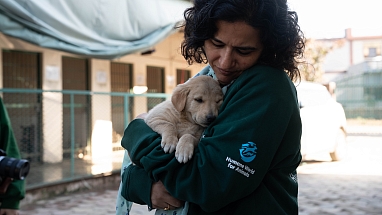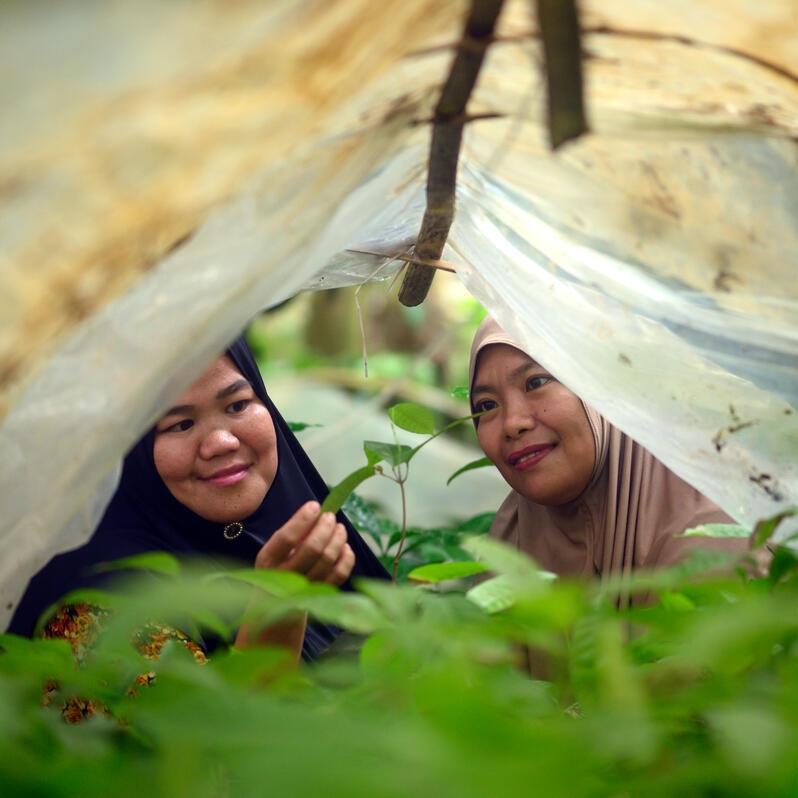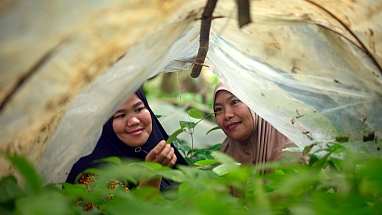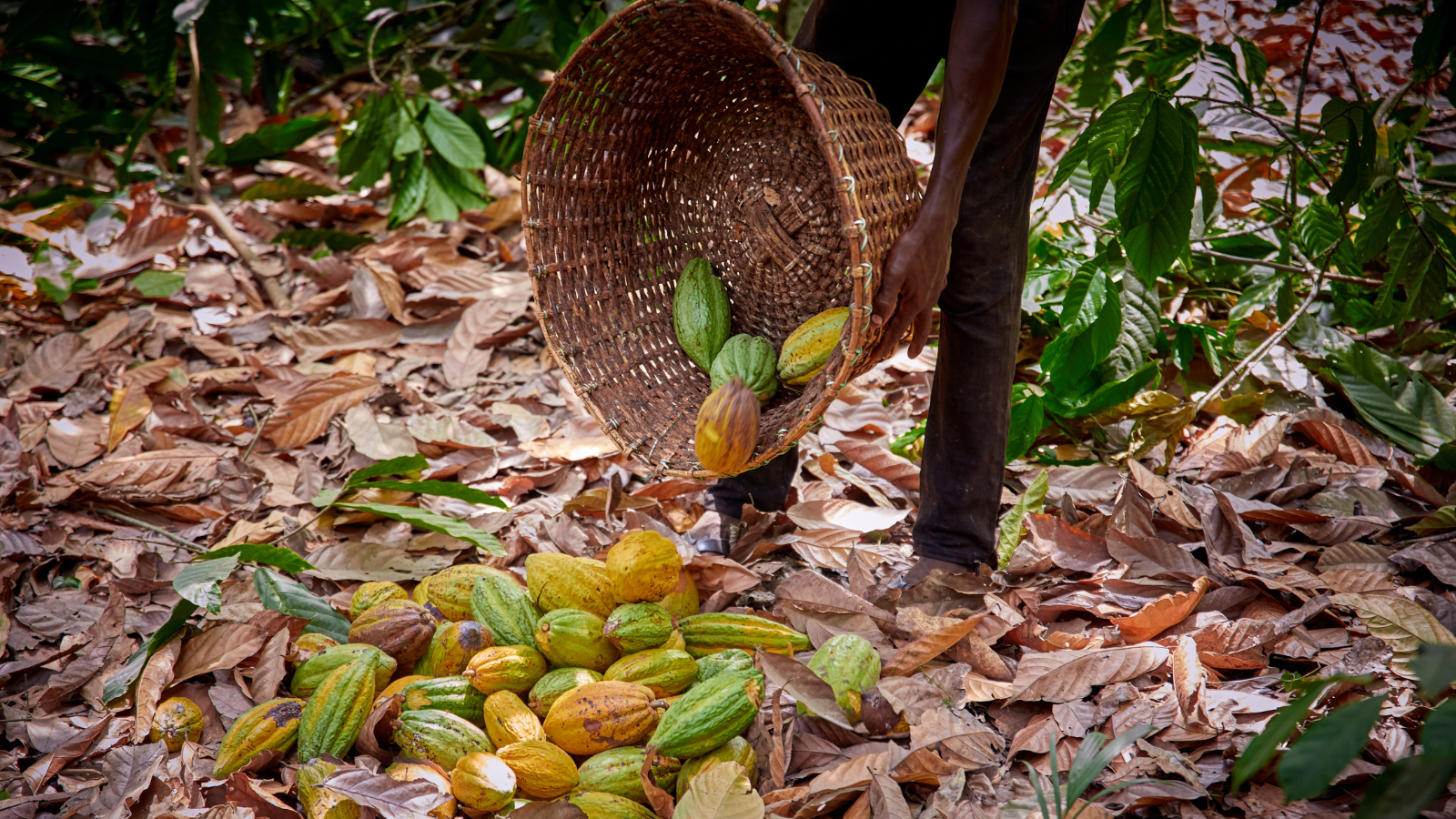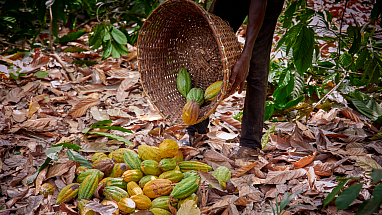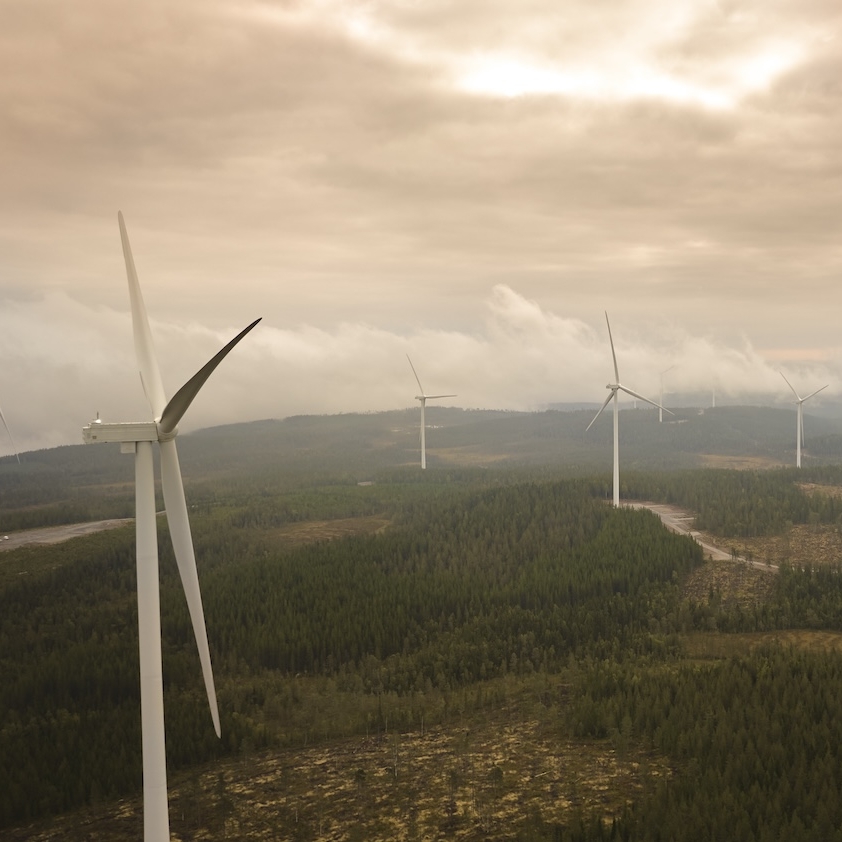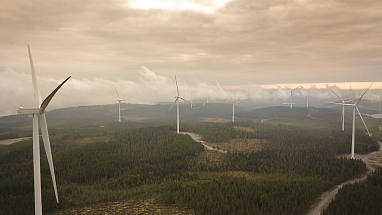Harvesting a greener future: How our Associate Pedro Amaral is driving our climate-smart cocoa journey
We’ve been making chocolate for more than 100 years, putting cocoa at the heart of our company’s long heritage. Did you know cocoa is the single largest contributor to Mars greenhouse gas (GHG) emissions?
We’ve spent decades working in collaboration with others to invest in science and help enable healthier, more resilient and more productive plants that can lead to thriving cocoa farmers and contribute to forest preservation by helping farmers grow more cocoa on less land. More resilient cacao plants are essential to help ensure we can continue to provide chocolate for future generations of chocolate lovers.
In 2017, we launched our Sustainable in a Generation Plan. Since then, we’ve remained focused on helping shape a future with a healthier planet, thriving people and pets and a more inclusive society. In the world we want tomorrow, the planet is healthy, which is why we launched our Cocoa for Generations plan in 2018 and last year we announced a goal to cut carbon emissions by half by 2030 and be Net Zero by 2050. To do that, we are working on ways to lower the emissions associated with cocoa and make the crop more climate resilient.
How are we doing, overall? Across Mars, with all of our net zero work, by the end of 2023, we have reduced absolute GHG emissions by 16% across our value chain since 2015 while growing our business more than 60%.
Now, meet Pedro Amaral, our associate director and head of cocoa climate sustainability.
He’s passionate about helping make cocoa production more sustainable. In this Q&A, we dive into his story, his motivations and the ways in which his work supports our sustainability goals.
Q: Pedro, hello! We’d love to know about the most important aspects of your job.
Pedro: The most important thing about my job is to help ensure Mars makes great chocolate while working to help protect the environment. We’re working on these issues in our supply chain and we’re helping to collectively transform the industry and have a broader impact across the cocoa ecosystem.
Q: Why do you care so much about what you do?
Pedro: I care about my work at Mars because this is the only planet we have, and we’re starting to see, and will increasingly see, the effects of climate change. In Brazil, for example, we have unprecedented drought in the central part and unprecedented flooding in the southern part. There is no time to wait; it's crucial that Mars continue to implement and do our part.
Q: How do you measure the success of your sustainability initiatives in cocoa, specifically regarding deforestation?
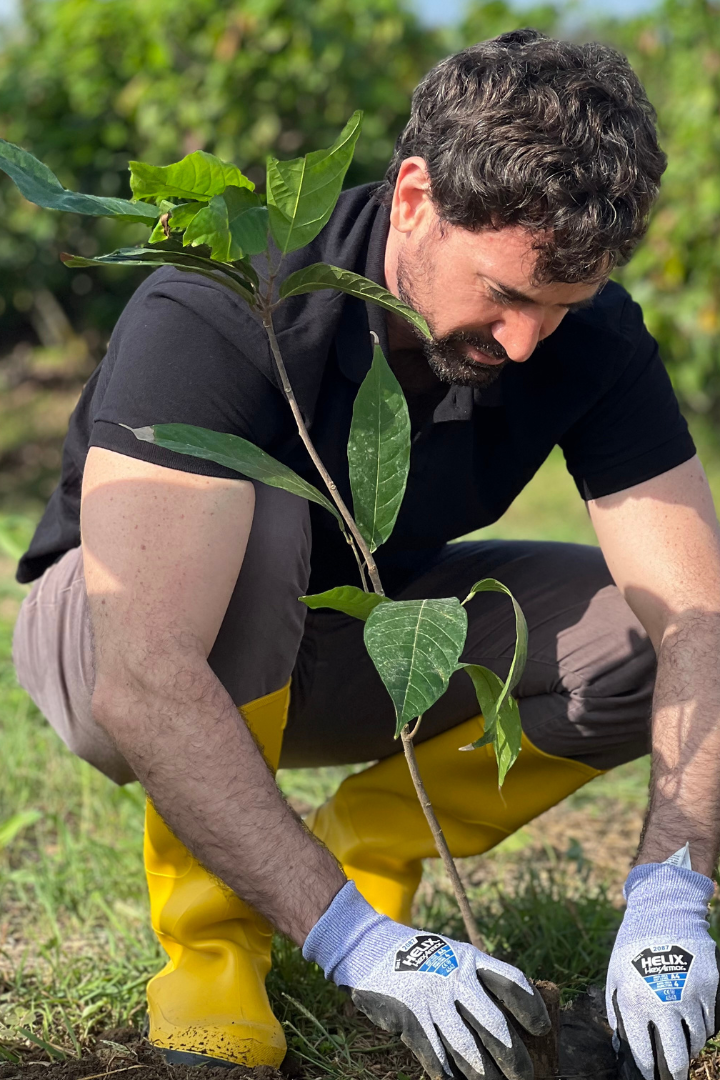
I care about my work at Mars because this is the only planet we have.
Pedro: Cocoa plays a major role in Mars efforts to achieve its net zero ambition. Working to achieve a deforestation and land-use conversion-free1 cocoa supply chain and deploying climate-smart agriculture practices is paramount. A deforestation and conversion-free cocoa supply chain means that the process of growing and producing cocoa doesn’t involve converting natural ecosystems, like forests or wetlands, into agricultural land. In other words, it means that cocoa farming doesn't destroy or significantly change these natural areas.
We measure our progress in this area by looking at key metrics including the percentage of our cocoa supply that is deforestation and land-use conversion-free and our total greenhouse gas emissions.
Q: What is the most innovative thing Mars is doing in this area?
Pedro: Forming partnerships – because we can’t implement these commitments alone. We need to partner with suppliers, civil society and startups. For example, we are establishing partnerships to deploy innovative solutions to improve soil health and monitor increased carbon in soils.
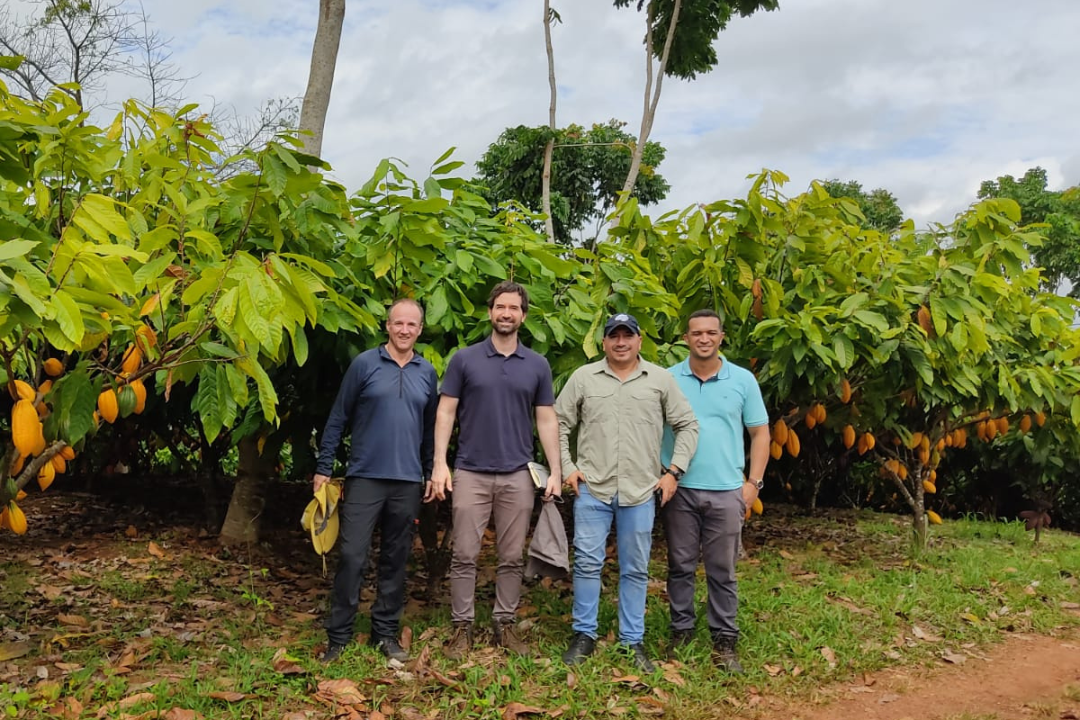
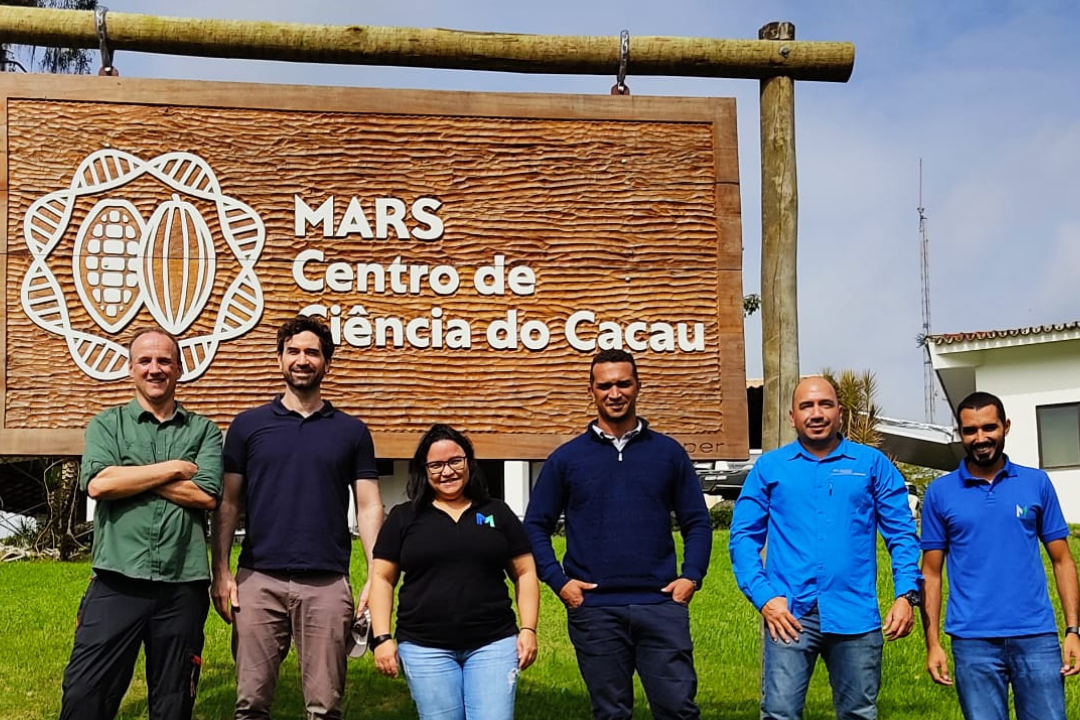
Q: What's the coolest thing about your job?
Pedro: It’s connecting high-level policy work with real, on-the-ground implementation. Translating broad corporate policies into actionable steps is incredibly rewarding.
Q: What challenges do you face in leading these initiatives, and how do you overcome them?
Pedro: Leading this agenda can be tough, but I’m confident because we have the support from Mars senior leadership and a principle-oriented approach. Having the right targets and partnering with like-minded suppliers and partners are crucial for overcoming challenges.
Q: What has been surprising about your work at Mars?
Pedro: One surprising and pleasant discovery was that our bold commitments are heard by suppliers and peers, allowing us to use our efforts and our knowledge for a broader impact. Personally, I was also delighted to find a basketball court on top of the Mars Paddington office, which I look forward to using on my next trip to London.
Pedro’s dedication and leadership in our sustainability efforts highlight our commitment to a healthier planet. By integrating sustainability into our operations and inspiring others, we’re committed to making significant strides toward our targets.
Curious to learn more about our sustainability work and progress? Check out our latest Sustainable in a Generation Report.
1. As defined by the Accountability Framework Initiative(Opens a new window) (AFi)




